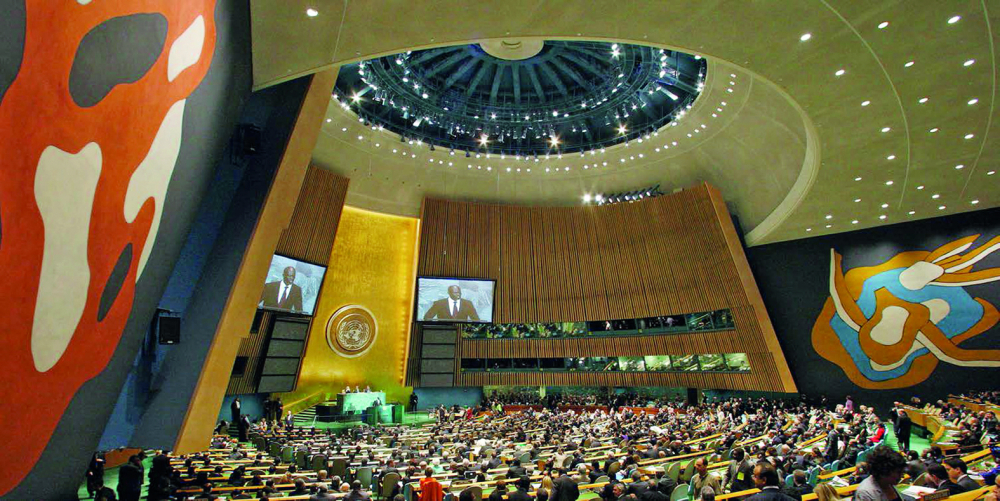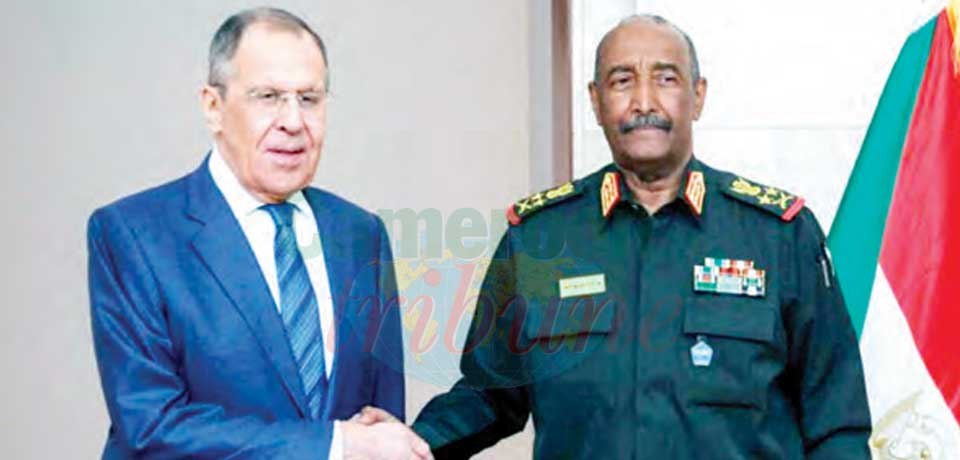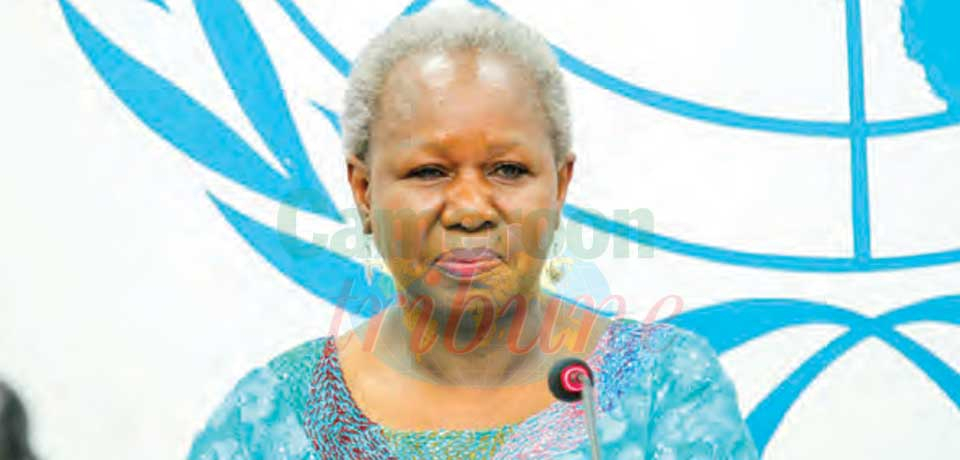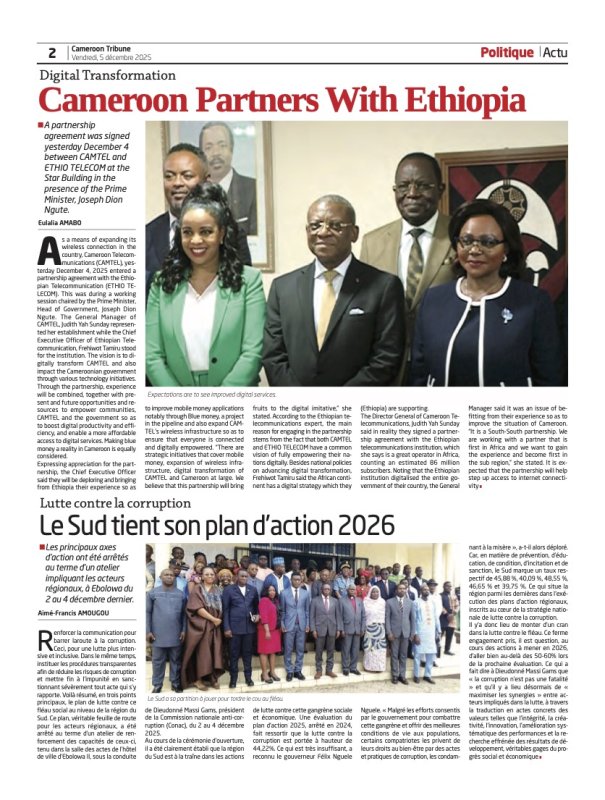United Nations : Need For Reforms
- Par Eldickson Agbortogo
- 05 Oct 2022 09:45
- 0 Likes

Seventy-seven years after its creation, most member countries say it is now time to modernise the institution in order to suit the present challenges.
The United Nations needs to be reformed. These calls have come up time and again especially during the institution’s General Assembly in New York. Since its creation in 1945, the global institution has gone through some phases of reform which many today say can no more stand the test of time. In the1990s, pressure to reform the institution accentuated but with little clarity or consensus about what reform might mean in practice. Those who want the United Nations to play a greater role in world affairs and those who want its role confined to humanitarian work. Secretaries-General have come and gone with some presenting numerous ways to reform the institution, but without any great impact.
On June 1, 2011, the then UN Secretary-General Ban Ki-moon appointed Atul Khare of India to spearhead efforts to implement a reform agenda aimed at streamlining and improving the efficiency of the world body. Though the mission of the reform team known as the Change Management Team (CMT), was to guide the implementation of a reform agenda at the UN that starts with the devising of a wide-range plan to streamline activities, increase accountability and ensure the organization is more effective and efficient in delivering its many mandates and protocols, the slowness of the process, the lack of commitment and the inability to tackle the major demands of some member countries kept the debate alive with many reform suggestions sprouting here and there.
At the just-ended 77th General Assembly in New York, the same reform calls have come up again. This time around not only from less developed member countries like has been in the past, but from some major powers, France, United States and Japan who are calling for urgent reforms at the level of the Security Council where, the Council’s present composition is no longer representative of a world that has seen 142 new countries join the United Nations since 1945. Africa in particular does not have the representation on the Council that its current importance requires, and is therefore calling for the Council’s makeup to be adapted to the new realities. At the level of the Secretariat, calls have also been made to render the UN administration known as the “UN Secretariat” more transparent, including direct election of the Secretary-General by the people as in a presidential system. The democratisation of the institution, with a direct voting system, hu...
Cet article complet est réservé aux abonnés
Déjà abonné ? Identifiez-vous >
Accédez en illimité à Cameroon Tribune Digital à partir de 26250 FCFA
Je M'abonne1 minute suffit pour vous abonner à Cameroon Tribune Digital !
- Votre numéro spécial cameroon-tribune en version numérique
- Des encarts
- Des appels d'offres exclusives
- D'avant-première (accès 24h avant la publication)
- Des éditions consultables sur tous supports (smartphone, tablettes, PC)














Commentaires